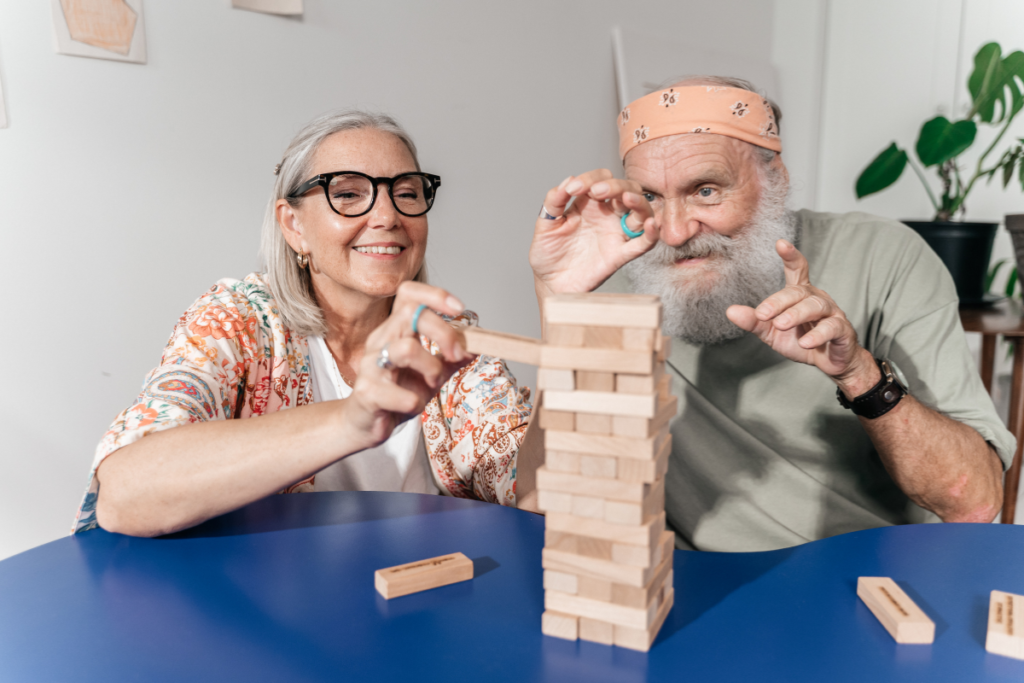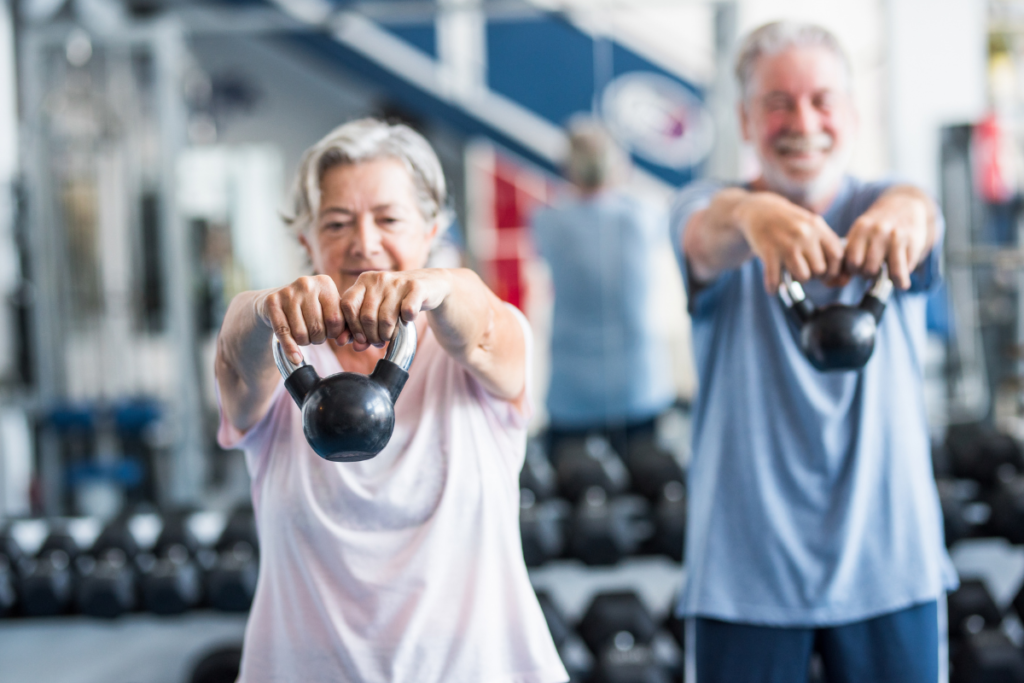In the intricate tapestry of healthcare, Activities of Daily Living (ADLs) occupy a central thread that weaves through the essence of our daily lives. ADLs represent the fundamental tasks that each individual needs to perform every day to maintain their personal care and mobility. When these activities become challenging due to aging, injury, or disability, Occupational Therapy steps in as a guiding light to restore independence and enhance the quality of life.
Understanding ADLs

The concept of ADLs is foundational to grasp the full spectrum of human health and functioning. ADLs encompass a wide range of basic tasks critical for independent living, including but not limited to, personal hygiene, dressing, eating, maintaining continence, and moving around (e.g., transferring from bed to chair). The ability to perform these ADLs is often taken for granted until compromised.
The Impact of ADLs on Health and Well-being
The significance of ADLs transcends the mere performance of tasks; it touches upon the very essence of independence, confidence, and dignity. Difficulty in performing ADLs can lead to a cascade of effects on mental health, including feelings of dependency, loss of autonomy, and even depression. Consequently, maintaining proficiency in ADLs is synonymous with preserving one’s mental and physical well-being.
Challenges in Performing ADLs

Various factors can hinder the ability to perform ADLs effectively. Aging is a natural process that may diminish one’s capacity for these activities. Similarly, injuries—either physical or neurological—and chronic conditions like arthritis or Parkinson’s disease, to name a few, can severely impact ADL performance. This is where the role of Occupational Therapy becomes paramount.
The Role of Occupational Therapy in ADLs
Occupational Therapy is a discipline focused on enabling individuals to participate fully in the occupations of everyday life. For those facing difficulties with ADLs, Occupational Therapists devise personalized strategies and interventions. These may include teaching new ways of completing tasks, recommending home modifications, or introducing adaptive equipment. The ultimate goal is to ensure the individual can live as independently as possible.
Occupational Therapy Strategies for Enhancing ADLs

Occupational Therapists employ a versatile toolkit to address challenges in ADL performance. Some strategies include:
- Task Modification: Breaking down activities into manageable steps or altering the way tasks are performed to suit the individual’s abilities.
- Environmental Adaptation: Modifying the living space to increase accessibility and reduce the risk of injury.
- Assistive Devices: Recommending tools such as reaching aids, shower chairs, or specially designed kitchen utensils to facilitate task performance.
Enhancing ADLs at Home
Even without professional intervention, there are steps individuals can take to maintain or improve their ADL performance. Simple adjustments like organizing daily essentials within easy reach or adopting a consistent routine can make a substantial difference.
Categories of Daily Living Activities
Daily Living Activities can be broadly categorized into Basic ADLs (BADLs) and Instrumental ADLs (IADLs). BADLs are the core skills needed to manage one’s personal care independently, whereas IADLs are more complex activities that require a higher level of cognition, coordination, and community interaction.
Basic Activities of Daily Living (BADLs)
- Personal Hygiene: Including bathing, grooming, oral care, and skincare. Occupational therapists provide adaptive techniques and tools, like long-handled sponges or electric toothbrushes, to facilitate independence in personal hygiene.
- Dressing: The ability to make appropriate clothing decisions and physically dress oneself. OTs work on fine motor skills, coordination, and cognitive skills to improve dressing abilities.
- Feeding: This involves being able to feed oneself food that has already been prepared. Occupational therapists introduce adaptive utensils, non-slip mats, and strategies to support independent feeding.
- Toileting: Including maintaining continence as well as the ability to get to and from the toilet, cleaning oneself, and dressing. Occupational therapists may recommend adaptations to bathroom layout, supportive devices, or scheduled routines to support toileting independence.
- Mobility: Refers to moving oneself from one position to another, including walking, using a wheelchair, or transferring (e.g., from bed to chair). OTs assess mobility needs and recommend devices or modifications to enhance mobility.
- Eating: Unlike feeding, this involves the ability to chew and swallow food. Occupational therapists may work with speech therapists to address swallowing difficulties and recommend dietary adjustments.
Instrumental Activities of Daily Living (IADLs)

- Cooking and Meal Preparation: Occupational therapy helps individuals plan, prepare, and cook simple meals safely, recommending kitchen modifications or adaptive kitchen tools as needed.
- Housekeeping and Home Maintenance: OTs assist clients in managing cleaning tasks, organizing, and performing light household repairs through time management strategies and adaptive tools.
- Money Management: This includes budgeting, paying bills, and handling transactions. Occupational therapists can introduce assistive technologies and systems to help maintain financial independence.
- Shopping: Occupational therapy facilitates the ability to make a list, select items, and handle transactions. Therapy may cover mobility training for shopping in-store or tech-based solutions for shopping online.
- Use of Communication Devices: In today’s digital world, being able to use a phone, computer, or other communication devices is vital. OTs educate clients on accessible technologies and ergonomic setups to enhance communication.
- Community Mobility: Whether it’s driving or using public transportation, occupational therapists work on the skills needed for safe travel and recommend modifications or alternative options if necessary.
- Medication Management: OTs assist with organizing medications, understanding dosage schedules, and implementing reminder systems to maintain medication adherence.
Occupational Therapy’s Role in Mastering ADLs
Occupational Therapists use a client-centered approach, assessing an individual’s unique challenges and goals. Through targeted interventions, adaptive strategies, and customized recommendations, OTs empower clients to overcome barriers to independence. Therapists may also work closely with family members and caregivers, providing education and support to reinforce progress.
Conclusion- ADLs
The ability to perform ADLs efficiently is intrinsically linked to our health, well-being, and sense of independence. Occupational Therapy offers invaluable support in enhancing ADL performance, empowering individuals to lead fulfilling lives despite challenges. If you or someone you know faces difficulties with daily activities, consider reaching out to an occupational therapist for a consultation.
In keeping these insights about ADLs and occupational therapy in mind, we can better appreciate the profound impact of these daily activities on our lives. Sharing this knowledge with those around us can spread awareness and potentially transform lives for the better.
